China's overreliance on land finance could lead to its downfall
Retired economist Zeng Yongchang shares his views on China's land finance policies - while quick and efficient, land finance is unsustainable, as evidenced by the widening inequality, intensifying social conflicts and dire economic situation.
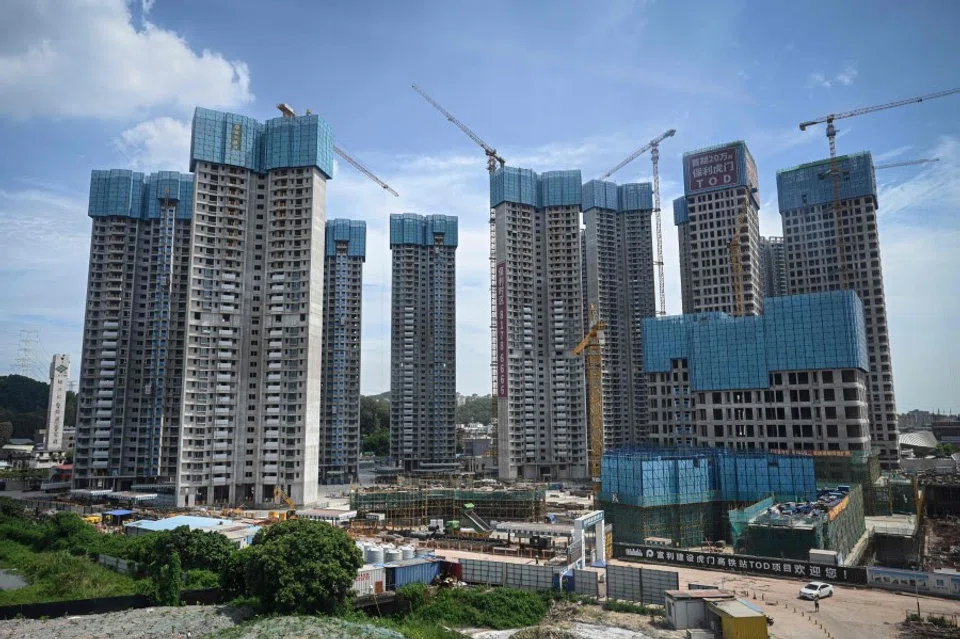
The 21st century is an era of geopolitics. In the 1970s, Deng Xiaoping befriended the US, departing from Mao Zedong's 30-year path. But China has now returned to the pre-Deng era after the two countries started decoupling in 2019. China's land finance policies are a major contributor to this shift.
Two development models
China's land finance policies reveal two growth models that are at odds with each other. China officially launched land auction policies in 1989 with the intention of increasing its fiscal revenue. However, as its wealth grew, China came to believe that it was overtaking a declining US.
The US as a capitalist country had previously implemented land finance policies prior to its tax reform in 1862. It scoffed at China's land finance policies but China resented being at the mercy of the US on the international stage, and saw land finance as a quick way to boost its economy and global standing.
... the fundamental difference between China and the US is in their drivers for growth. China's growth model which is driven by investment, export and real estate cannot match up to the US's growth model, which is driven by innovation and consumption.
Many Chinese commentators have denounced the US's oppressive behaviour towards China, citing American hegemony in the dollar, military, debt and stocks. However, the fundamental difference between China and the US is in their drivers for growth. China's growth model which is driven by investment, export and real estate cannot match up to the US's growth model, which is driven by innovation and consumption.
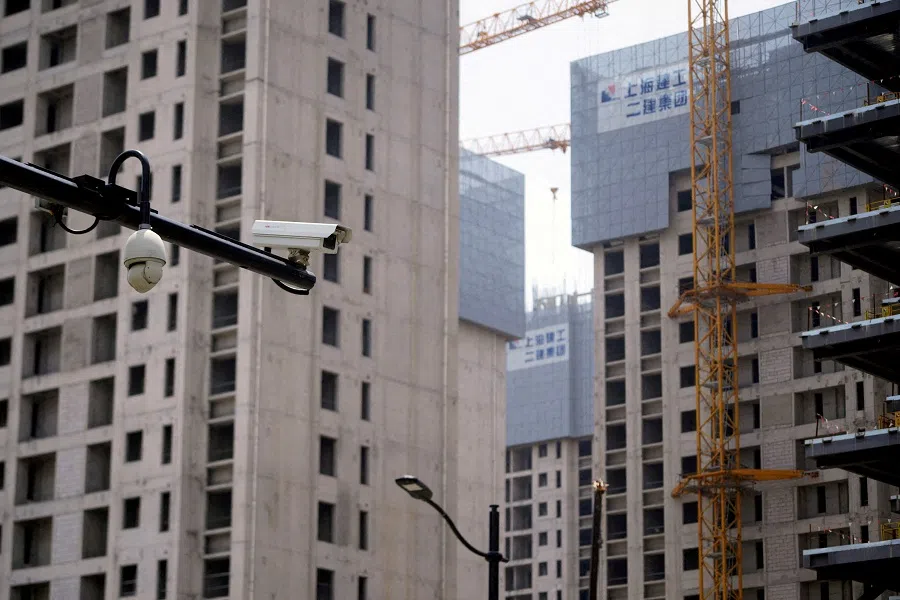
This fundamental difference means that if China wants to have the US's ability to come up with a disruptive technology out of pure imagination and innovation, independently build it from scratch, and successfully turn it into a new industry, it has to achieve breakthroughs in its people, culture and system at a strategic level. Relying on land finance, exchanging market for technology, reproducing counterfeit goods, and poaching talents with cash incentives cannot support the rise of a major power.
However, China is still obsessed with land finance in the 21st century, and has even elevated the land finance policy that was initially used to solve fiscal issues in 1989 to an essential policy tool and even a basic national policy.
In 2017, Chinese academic Zhao Yanjing wrote a paper on how land finance has helped China achieve the primitive accumulation of capital and propelled China's rise (《"土地财政"让中国崛起完成了原始积累》), in opposition to a market-driven capitalist economic system. Zhao's paper has been gaining prominence in China even as the country drifts further away from the world.
... land finance should also be seen as the "anchor" of the renminbi and the "gold ingot" of urbanisation, so that high-speed rails, airports and administrative centres can be constructed on an unprecedented scale, and Chinese cities can rise collectively.
Land finance as a 'gold ingot'
Zhao's paper argues that land finance is the "core" of development with Chinese characteristics, and proposes that China rebuild a primary land market monopolised by the government under the planned economy's urban land nationalisation and rural land collectivisation models.
Zhao states that this unique system left behind by the planned economy should be used to make "land" a source of massive and cumulative credit for local governments. It could also become the institutional basis for China's peaceful rise that differs from the West's primitive accumulation of capital through colonial plunder.
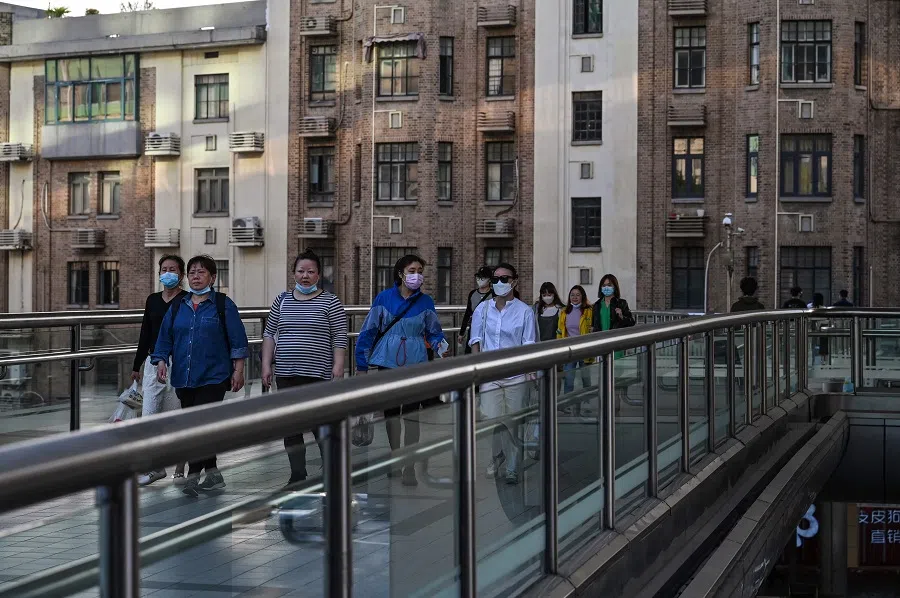
According to the paper, land finance should also be seen as the "anchor" of the renminbi and the "gold ingot" of urbanisation, so that high-speed rails, airports and administrative centres can be constructed on an unprecedented scale, and Chinese cities can rise collectively.
Zhao also mentions that Chinese manufacturing should be heavily subsidised by land finance, to help Chinese enterprises outcompete US, Japanese and European enterprises and fill the world with Chinese products, thus making China a capital market that can rival the great powers.
The paper hopes that China will lead a new world revolution by leveraging the huge capacity of land financing, implementing unrivalled tax deductions and land subsidies, and exporting capital to developed countries.
Land finance for investing, not profit
Land is a valuable resource but land finance, while quick and efficient, is unsustainable. Five years since the paper was published, while China does indeed boast of taller buildings, wider roads, better environments, more accessible high-speed rails, more developed government institutions, stronger poverty alleviation efforts, more powerful Comac C919 and chips, and more aircraft carriers and warships, the negative aspects have also piled up.
Today, people are only focused on money and all society is in debt. Meanwhile, urban-rural and industrial-agriculture relations are imbalanced; the rich-poor gap is widening at an appalling rate; social conflicts are intensifying; the economic structure is increasingly distorted; overcapacity is worsening; economic bubbles are growing; and the dependent population has grown exponentially.
Force-fitting the ideas of funding and credit from the free market into the government-monopolised market to maintain confidence will be counterproductive.
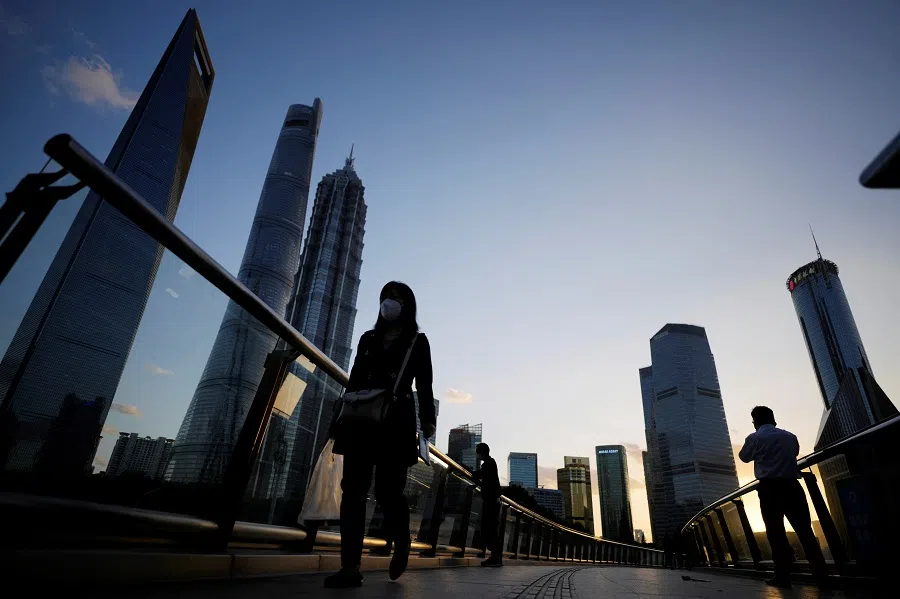
Now, land auctions are left unsold, real estate credit rating has fallen, and governments at all levels are sinking into a fiscal crisis. The overall Chinese economy is also losing momentum, bearing testament to the proverb "more haste, less speed".
The problem with Zhao's paper is that it is not rigorous enough. On the one hand, China is now the second largest economy in the world and dares to speak up; on the other hand, it is taking from one hand and giving to the other, while its potential, resilience, vibrance and room to manoeuvre are shrinking. Force-fitting the ideas of funding and credit from the free market into the government-monopolised market to maintain confidence will be counterproductive.
The paper states that land finance is for investing and not profit, but that is the opposite of the local governments' view. Either way, it is misguided to exploit land. China's agricultural land resources are limited and should not be sacrificed in favour of development.
When it comes to land, the state's development would come at the cost of the people - villages are left with either the elderly or the young; hundreds of millions of farmers have no health or social insurance, and there is no stability in productivity or confidence. Furthermore, profit through land is not guaranteed due to the overdevelopment of urbanisation, property, infrastructure, the physical economy, the tourism economy, development zones, the capital market and the land market.
Such a market that is leadership-driven cannot boast of efficiency.
Has China really created an investment model that is more efficient than the West, as Zhao has claimed? In fact, high leverage, and land and housing prices are rampant. Meanwhile, people are encouraged to buy homes out of patriotism and empty the "six wallets" - the wallets of one, their spouse, parents and grandparents - and then get funds from their mother-in-law to spend even more.
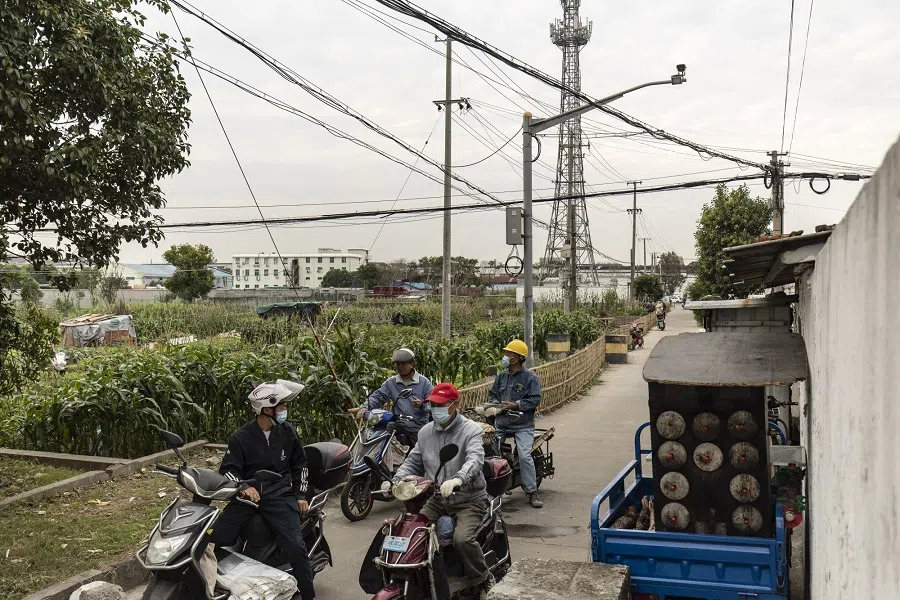
The market is also heavily controlled - profits and losses and the number of purchases are controlled, housing subsidies are provided, and state-owned enterprises are allowed to make bulk purchases. Such a market that is leadership-driven cannot boast of efficiency. The messy "investments" of the local authorities were incredulous and if these were efficient, why would there be a need for the "three red lines" policy?
Leveraging the future
Has China's land provided the initial credit for China's urbanisation, as the paper claims? Frankly speaking, the policy paves way for the demolishing of buildings and claiming of land around the city by force. How can there be credit in a property market where the government has all the say, or where it can demolish, claim, restrict or cheat as it pleases?
Zhao assesses that China owes its rapid urbanisation to the nationalisation of urban land. In fact, it is due to the property investment market. In a country where less than 72 million people have an income above 5,000 RMB (US$683), it is counterproductive to start an investment great leap forward; to repeatedly construct and demolish urban buildings; expand the urban area; and empty the population of small and medium cities.
While making financial gains, counties, cities and villages are impoverished; the gap between workers and farmers, as well as cities and villages, is increasing; and the government, real estate companies and society run up debt that is eventually dumped on financial institutions.
China's highest GDP - which it achieved through high debt, leverage and land and housing prices - is still only two-thirds of that of the US, and it is set to shrink more as the economy tanks.

Currently, the population is declining, and many cities might become ghost towns. Local governments are riddled with debt and building infrastructure with future money, and income from land finance has dropped drastically, which makes it a challenge for the country to maintain large finances to support the population, maintain stability and cover military costs. Indeed, the prosperity of the property market comes from speculators, a handful of rich people and foreign capital, which is not what we should be after.
Zhao's paper also states that subsidies in land finance have allowed Chinese-made products to sweep the globe, while China has become a major capital market that can rival the great powers. In fact, the huge subsidies given to China's manufacturers have not enabled Chinese companies to get ahead of US, Japanese and European companies in global competition. Instead, it has sparked an unprecedented China-US trade war, decoupling, supply chain disruptions, and major geopolitical tussling. China's highest GDP - which it achieved through high debt, leverage and land and housing prices - is still only two-thirds of that of the US, and it is set to shrink more as the economy tanks.
Of course, it is detrimental for a country to be financially strapped, but it is definitely a misstep to spend money it doesn't have. Now, Zhao's paper has been proven wrong by real-life economics. Since this paper takes China towards the wrong direction, China should learn from its lesson and rebuild the concept of reform and opening up, and continue pushing it through.
Related: Property conundrum: Chinese society disagrees over how much property prices should fall | Will clampdowns on China's property sector lead to economic turmoil? | China's rising property prices have serious social consequences | Why China is regulating the property market | Bartering garlic for homes: China's uphill fight to revive the real estate market





